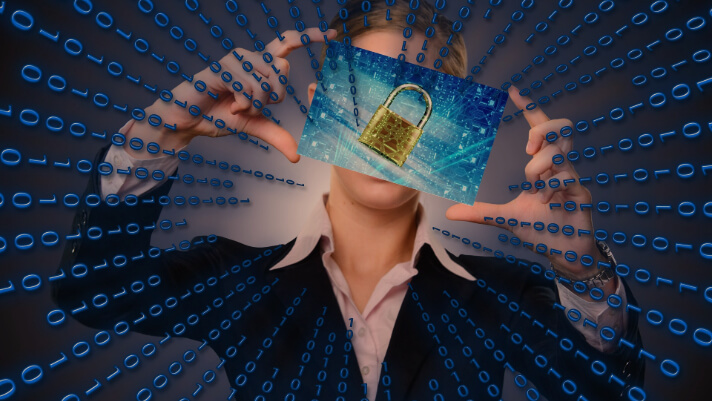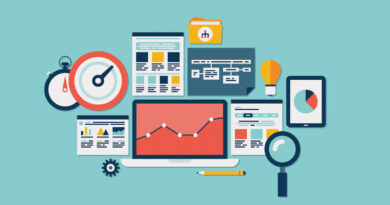7 Tips to Protect Data on Your PC
People use computers daily. They turn on their PC not only for work but also for relaxation. Yet, only a few users think about protection. As a result, they get attacked by hackers. It can happen not only when they use unprotected platforms but also when they open trustworthy ones, such as top live casino websites. These tips will help to stay safe and avoid losing your data.
Keep Programs and Apps Updated
Many hackers exploit vulnerabilities in outdated programs. So, check the version of your browser, PDF reader, and other utilities. With an up-to-date version, you are less likely to fall victim to attackers because after new viruses appear, manufacturers make fixes to their product. Postponing updates is like leaving your flat door unlocked.
The advice applies not only to individual programs. Don’t forget to update the router and modem firmware, as well as install operating system updates. And you don’t have to have the latest OS. For example, Windows 7 is enough. Most often security updates are released even for previous versions of the operating system. But this does not apply to Windows XP. Stop using it to protect yourself because this version is too outdated.
Use a Password Manager
Many people use two or three passwords for all their accounts. Yet, this is very dangerous. It’s not so scary if your account at some music service gets hacked. But if you used the same password at an online bank, you could lose your savings.
To avoid having to remember dozens of combinations, install a special program that automatically creates complex combinations and remembers them for you. It is a password manager. According to researchers, people usually use too simple combinations that are easy to remember. So let a password manager create your passwords for you.
With it, it’s enough to come up with just one combination. But it has to be very strong. Forget about capital letters, symbols and numbers. It’s more convenient and secure to use a passphrase. It’s a few words that are not connected by meaning, but are easy to pronounce and remember.
It may seem unsafe to store passwords in a third-party manager. But it is unlikely that a hacker will deliberately attack your password database. On the other hand, there is a high probability that attackers will obtain the code that you use on multiple services by compromising one of them.
Don’t Use Flash Player
This is probably one of the most vulnerable programs on your computer. Fortunately, most services have stopped using it, so feel free to uninstall it. Or at least change your browser settings so that Flash does not run automatically.
Don’t Install Questionable Extensions
Depending on their function, extensions can have access to a huge amount of your data, such as your browsing history. Or even change the way this data is shown to you. So, select your programs very carefully. Install only what you really need and only from the official browser store.
Use a VPN
When you connect to Wi-Fi in a public place (café, airport, or hotel), you share the network with strangers. And if an intruder is on it, they can intercept your data. Although the connection is safer now thanks to the spread of HTTPS, a VPN service like Surfshark can be helpful. With this program, you first connect to a virtual private network, and only then to the entire Internet. This gives you an extra layer of protection.
Choose the right service and don’t forget to use it. Remember that it’s not a panacea. A VPN will hide your IP address, but it won’t protect you from downloading a malicious file or reaching a phishing site.
Make Copies of Important Files
If you’re afraid that intruders destroy or block important documents, be sure to prepare duplicates. Do this offline and save copies to an external hard drive that is not connected to your computer.
Don’t Give Away Too Much Information About Yourself
Do not post photos of credit cards or boarding passes on social media. In general, try to report as little as possible about your life. Remember that social networking posts are accessible to all Internet users. There is a risk, even if you have a closed profile. People you used to know, or people you’ve stopped communicating with but haven’t deleted from your followers, may well take a screenshot and pass the information on to third parties.
Also, think about the data you share unknowingly. For example, your approximate address can be guessed from the routes of your runs noted on a running app, or from geotags on Twitter. Other data can then be found using such information. The more data an attacker has, the more likely he will try to gain access to your accounts.



